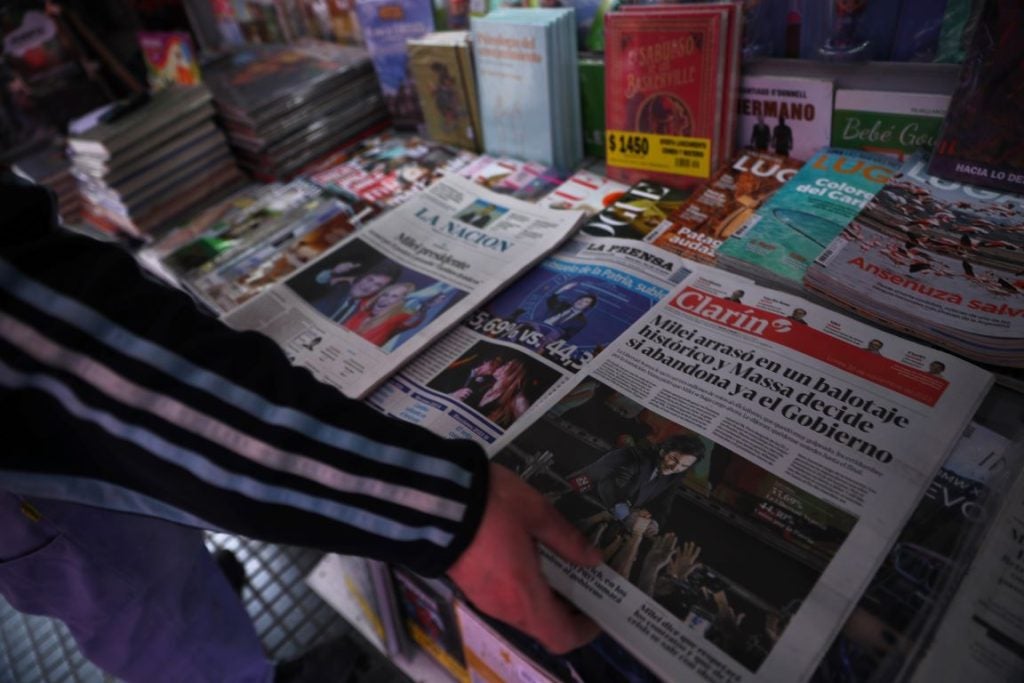Far-right radical libertarian Javier Milei won the presidential elections in Argentina on Sunday with a 56% majority. This has raised questions about the country’s economy, the energy sector, and its stand in achieving net-zero targets and reducing the use of fossil fuels.
In response to Argentina's multibillion-dollar debt to the International Monetary Fund and high inflation rates, Milei has pledged to reduce government spending by up to 15% of the country's gross domestic product. He campaigned for dollarising the national currency, privatising state-owned businesses and eliminating stringent foreign exchange controls.
The Argentine state-run oil company YPF saw a 40% increase in its New York-traded shares on Monday following the new president's pledge to privatise companies.
Guillermo Ferraro, Argentina's next Infrastructure Minister, stated on 21 November that constructing roads and other infrastructure will prioritise the production of natural gas and oil from the Vaca Muerta shale play.
"The approach we have is that the state has to reduce its participation in the economy to make room for the private sector. There is an enormous opportunity for the private sector to invest in Argentina," Ferraro told Buenos Aires-based Radio Mitre.
As opposed to President Alberto Fernández's departing administration, which strongly emphasised state management, Ferraro stated that funding for this and other projects would be sought from the private sector.
Even though this development threatens the country’s environment, resources and sustainable development, investment in the private sector could bring opportunities for renewables, according to Recharge News.
Milei, during his election campaign, called the Environment and Sustainable Development Ministry, which was created in 2015, a “bloated” department that he would do away with.
According to the research journal Nature, Milei has also called climate change a “socialist hoax”, which has alarmed scientists and environmentalists ahead of the upcoming leadership taking office on 10 December.









